My Semester Down Under: Expectations vs. Reality
It’s often said that studying abroad is an intense and incredible experience. It opens your mind to new cultures, new ways of thinking, and expands your horizons. Many people say it’ll change your life.
Well, let me tell you why it didn’t change mine.
Don’t misunderstand me—my study abroad experience in Australia was amazing, and small parts of me have grown, like my increasing desire to try new food. I met lovely, kind-hearted people from an extremely friendly and giving culture.
However, life-changing expectations for studying abroad are set so high by other study abroad students, and by some of the people that run study programs, that Australia didn’t — and couldn’t — change me in the way I anticipated.
I did anticipate seeing an extraordinary environment, and I wasn’t disappointed.
The landscape is undeniably unique and beautiful: I will never forget swimming in the pristine waters of Mooloolaba, surrounded by colorful fish and light cream-colored powered sand, gazing upon five different mountains twenty minutes in the distance.
I’ll always fondly remember hiking up Kondalilla Falls, exhausted but determined to reach the top, and my subsequent breathlessness and awe upon seeing the huge waterfall against the backdrop of the Milky Way.
I’ll also never forget the excitement of the clean and artsy streets of Brisbane City, or of visiting the Steve Irwin Zoo and holding a koala.
Most of all, snorkeling the Great Barrier Reef—a longtime bucket-list dream of mine I finally made come true—was a once-in-a lifetime experience I’d never give up, even if it meant never having student loan debt.
Australia was the needed Bahamas vacation to my stressful, demanding, and over-worked life as a student.
The food was good, too, and was definitely a positive and welcome change from the abundant processed food in the United States. While McDonald’s certainly exists in Australia, people don’t live on it.
The area I stayed in, Sippy Downs in Queensland, was health conscious; many of the students in student housing cooked their own meals. The school didn’t have a meal plan, but the dining options included a variety of ethnic, healthy, and/or organic food. The produce in supermarkets had more variety, as well, and there were plenty of farmers’ markets within a 20-30 minute drive.
Nevertheless, I can’t say I came back enlightened, ready to become the next Thoreau and write about the Land Down Under.
Perhaps that’s because, for all of its perks, Australia is so Americanized.
For example, the country offers Chinese food, Domino’s Pizza, and has an exceptionally large audience for American music and movies. Most of my peers there (both from Australia and from other countries) admitted that they avoid Australian TV shows because “they suck.”
In addition, I didn’t have to learn a new language or go through much culture shock, so I wasn’t pushed too much out of my comfort zone.
Even the truly unique culture of the Indigenous population isn’t obvious.
The university system is organized quite differently from ours (no A—F grading scale, folks), so I didn’t struggle as much academically as I expected to.
I did have some trouble relating to my professors, though. I feel Moravian College’s faculty spends more time with their students and are more willing to meet them halfway. It may be that I’m accustomed to Moravian’s environment and to the United States’ higher education system, because I prefer the way our College professors interact with students.
Though the University of Sunshine Coast’s staff is composed of funny, intelligent, and kind people (at least, my professors were), they are also distant. Then again, less personable professors may come with the territory of a university, not of a close-knit college.
While I can’t say I wasn’t changed by my experience (my love of hiking grew, as did my desire to explore new places), Australia didn’t meet the expectations set up by other students who studied elsewhere. I expected to return home a changed person, full of new ideas and a zest for others cultures. I anticipated that I would encounter new philosophies and a new way of living.
However, when I returned home, life was essentially “same old, same old.” I still enjoy my previous pastimes, like crocheting, baking, and dancing. I still like fantasy books and can be impatient. In essence, I’m still me.
It’s possible that I set my expectations too high, or that Australia is too similar to the United States to provide a new outlook on life. While I was slightly disappointed that I didn’t come home with a new mindset, I don’t regret my study abroad experience or the location I chose.
I can’t regret Australia for two reasons: one: regretting it would mean I wasted a lot of money, and two: I loved my experiences there and would love to go back one day (hopefully by then, teleportation will exist so I don’t have to sit through another 23-hour plane ride).
But even my plane ride there was worth it, because it meant my journey to a new land was beginning. Although Australia didn’t meet my great expectations, it did satisfy my urge to travel (for now).
Australia’s location on the other side of the world is a bonus, because I got to explore a land many people don’t have the opportunity to see. So many students study in Europe or Asia, but I got to study in an atypical environment, and for that, I feel very lucky and grateful.


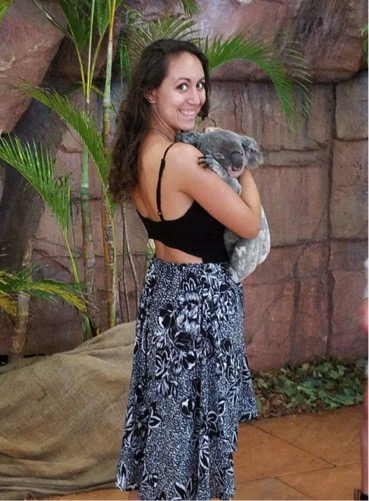
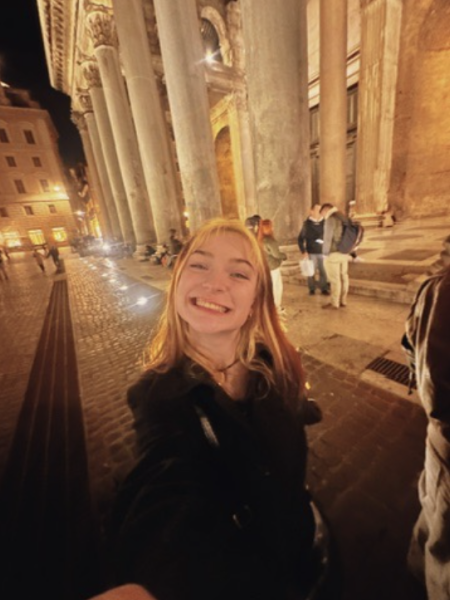
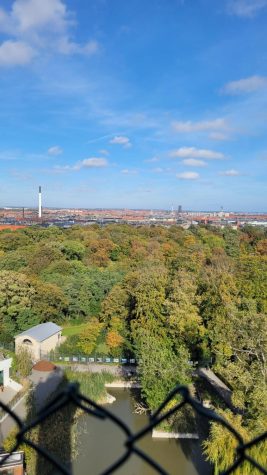
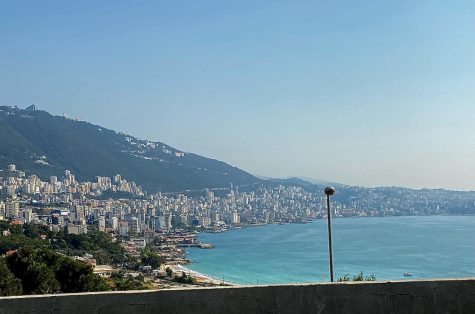
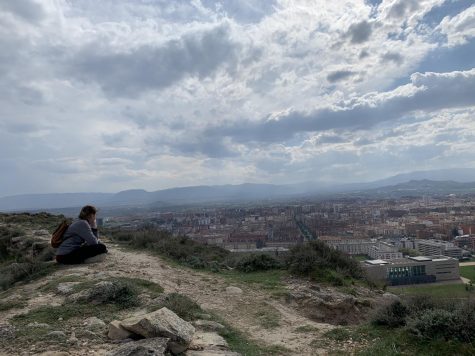
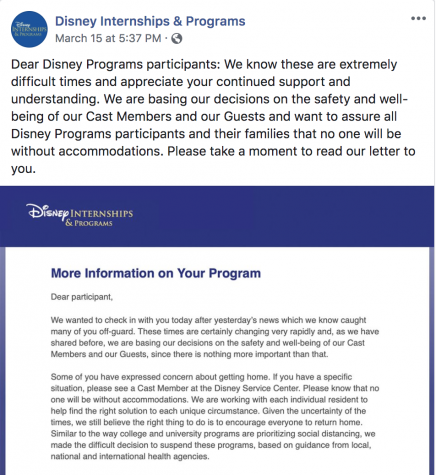
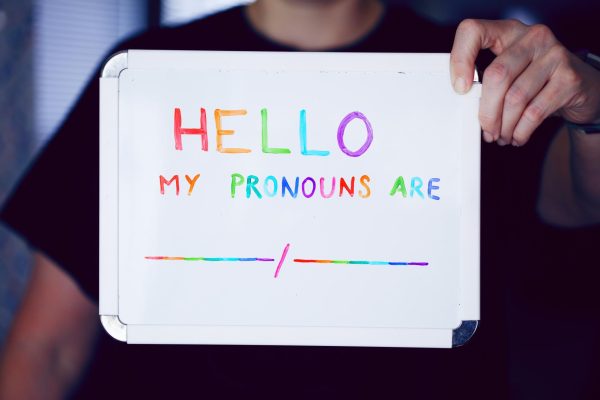
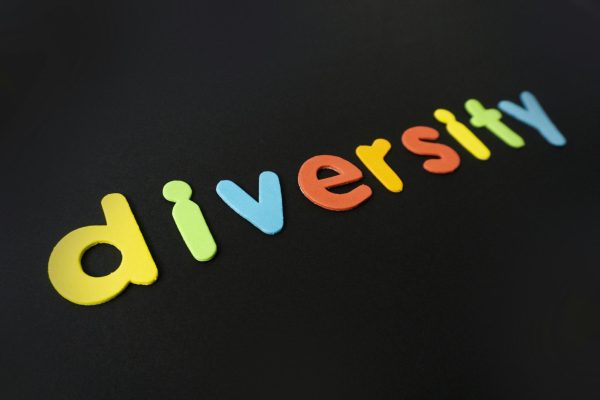
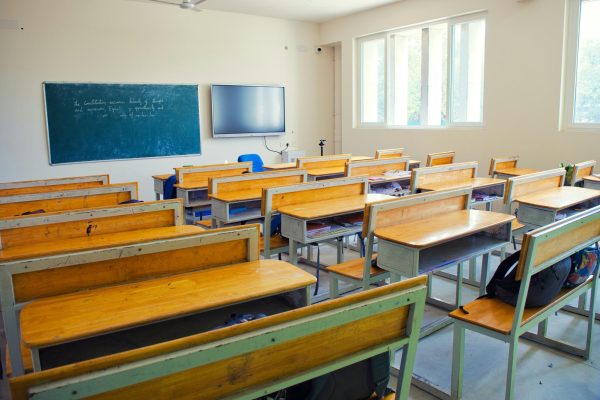
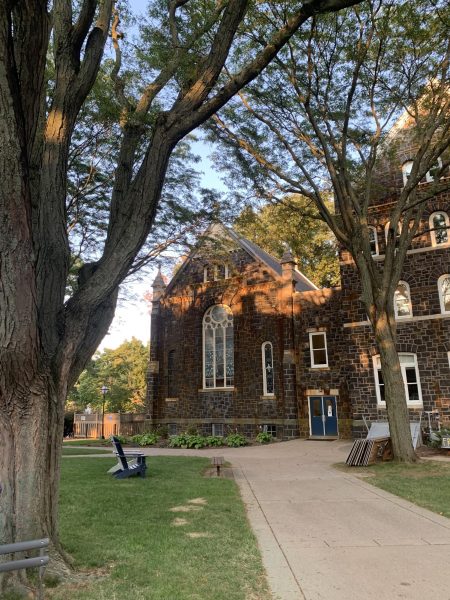
Brianna • Oct 20, 2017 at 1:40 pm
Thank you so much!
Joyce Hinnefeld • Oct 19, 2017 at 3:30 pm
Terrific article, Brianna; I really appreciate your precise description and details, and also your honesty about your entire study-abroad experience.